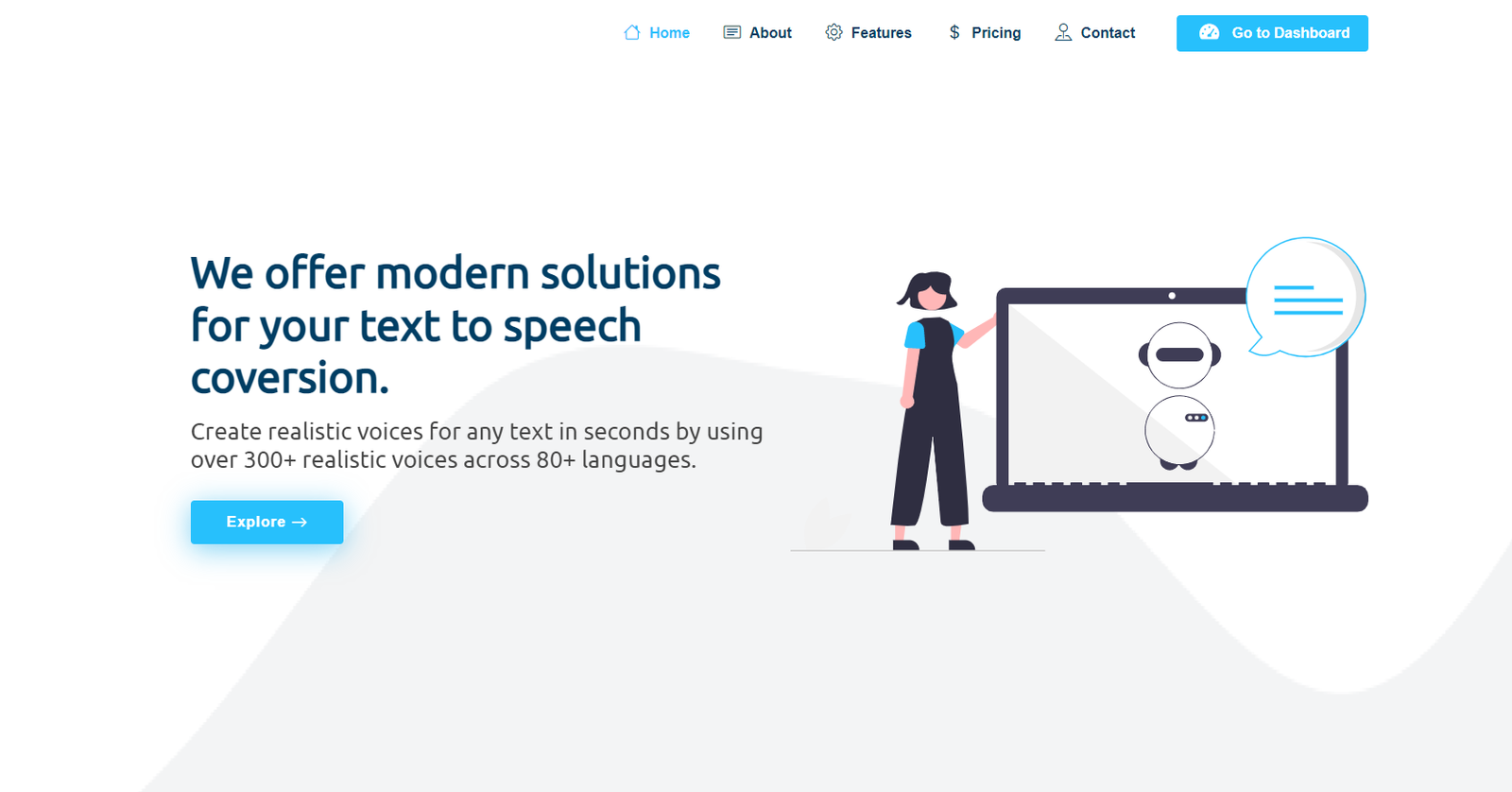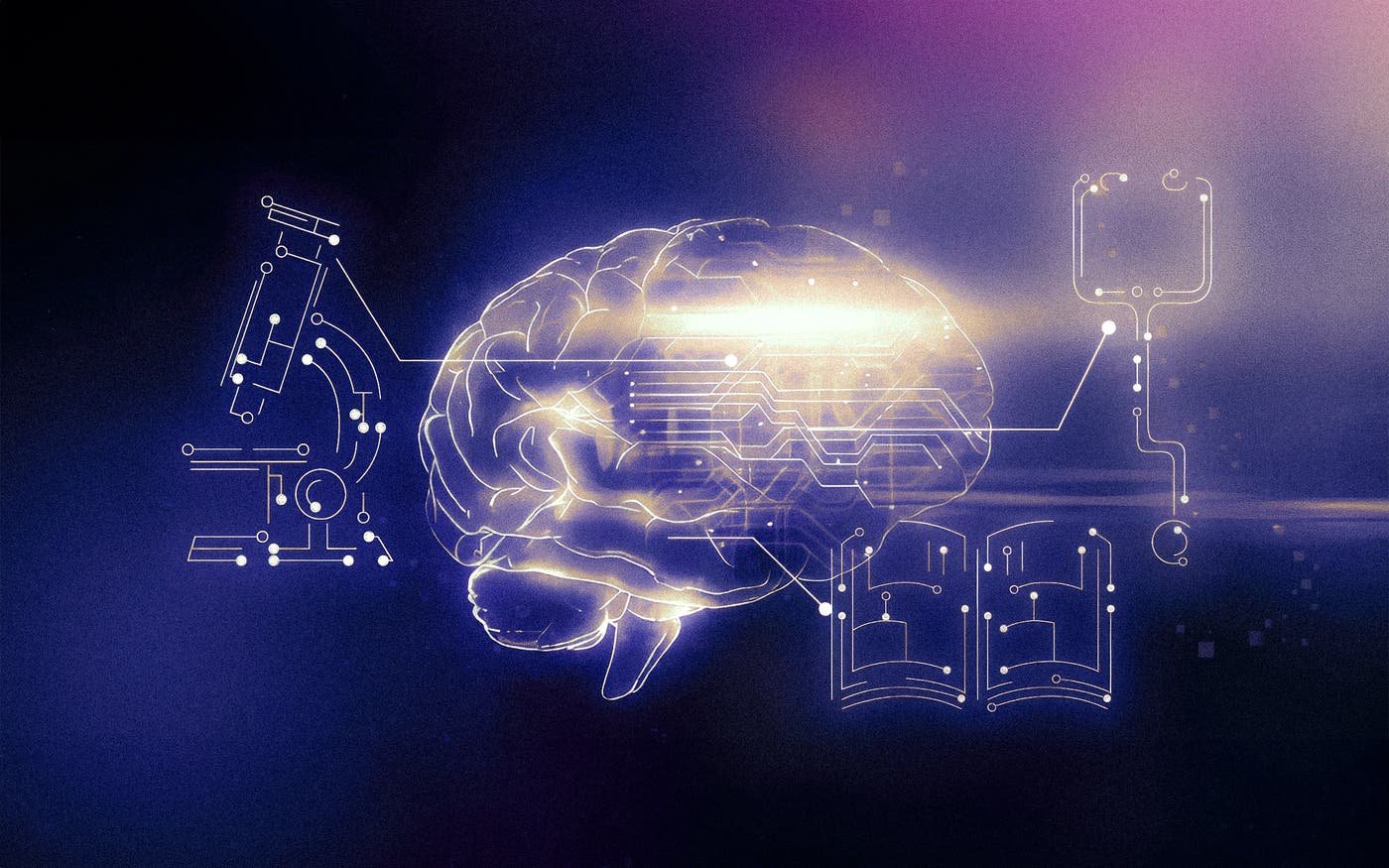




Artificial Intelligence (AI) is no longer a futuristic concept—it is a present reality that is increasingly becoming an integral part of our daily lives. From the moment we wake up and ask our smart assistants about the weather, to the curated content we consume throughout the day, AI silently operates in the background, making our interactions smarter, faster, and more personalized. The most visible examples of AI can be seen in the rise of smart home devices, autonomous vehicles, facial recognition, and virtual assistants. AI is powering advanced applications in healthcare, allowing doctors to diagnose diseases with higher accuracy through medical imaging and predictive analysis. In education, AI tools are tailoring learning experiences to the needs of individual students, helping bridge gaps in understanding and promoting equal access to knowledge. In the workplace, AI is revolutionizing industries with automation, predictive analytics, and machine learning algorithms that allow businesses to make faster and more informed decisions. Whether it’s through fraud detection in finance, precision farming in agriculture, or intelligent inventory management in retail, AI is reshaping the way organizations operate and deliver value. However, the adoption of AI also brings forth ethical questions and societal challenges. Issues like data privacy, job displacement, algorithmic bias, and the potential misuse of AI technologies need to be addressed with thoughtful regulation and responsible innovation. Transparency, fairness, and inclusivity must be at the core of AI development as we strive to build systems that benefit all segments of society. As we look to the future, AI will continue to evolve and intersect with other transformative technologies such as quantum computing, biotechnology, and the Internet of Things (IoT). These synergies will unlock new possibilities—from personalized medicine and climate modeling to smart cities and digital governance. In conclusion, AI holds immense promise to enhance our lives, but its impact will depend on how we choose to shape it. With a proactive and ethical approach, we can ensure that AI serves as a powerful tool for progress, creativity, and human advancement.